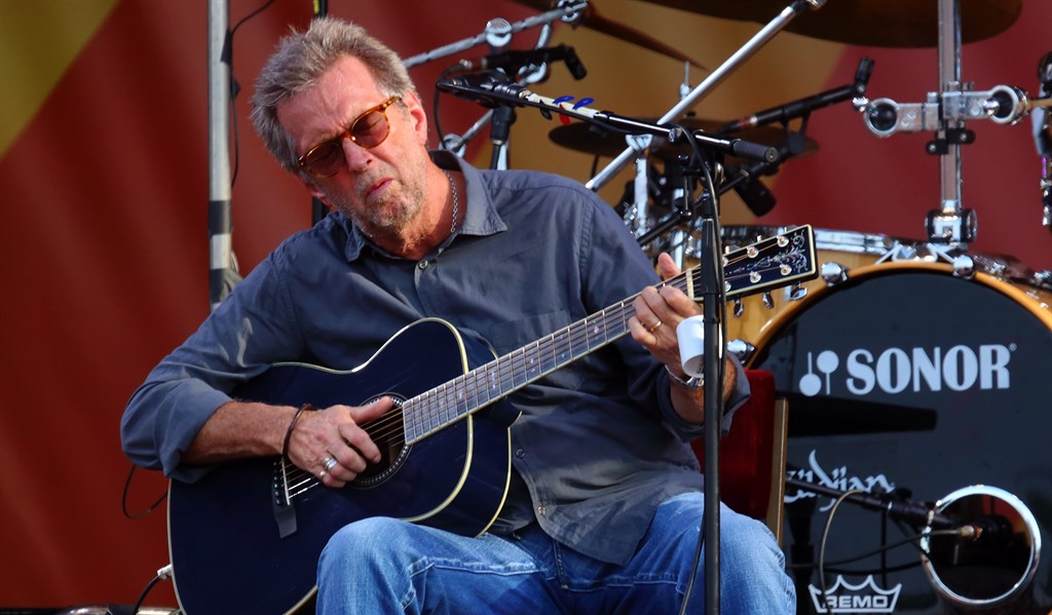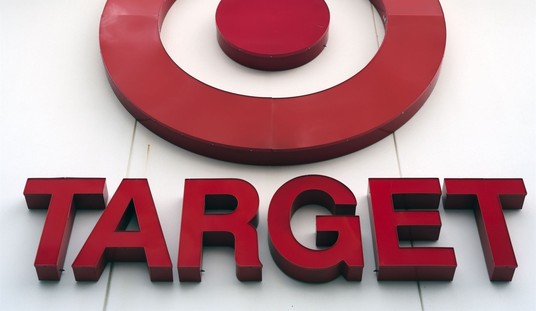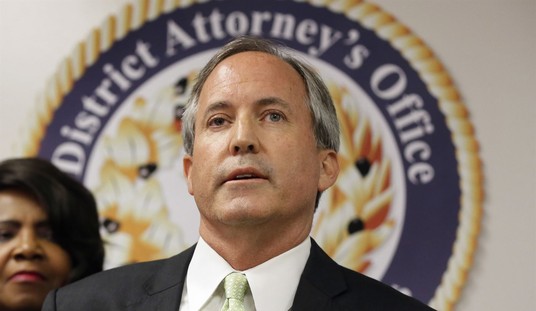Last year Eric Clapton really came out strongly against vaccine mandates, writing a song about it called “Stand & Deliver.” Since then he has refused to play concerts where vaccination was required. Today the Washington Post has published a lengthy investigation titled “What happened to Eric Clapton?” The story opens with Clapton’s friend Robert Cray describing an email conversation in which he didn’t like Clapton’s answers and decided to stop talking to him. Cray, who is black, specifically objected to a line in Stand & Deliver which said, “Do you wanna be a free man/Or do you wanna be a slave?”
And that really sets the tone for the rest of the piece which is basically made up of two things: 1) friends speculating why Clapton has gone all in against vaccine mandates and what that is doing to his reputation and 2) people speculating Clapton is a racist.
Before the pandemic, the guitarist and singer was one of rock’s elder untouchables, a multigenerational hitmaker with the same draw and standing as Billy Joel, James Taylor and Elton John. His 1992 album, “Unplugged,” remains the best-selling live release ever, with over 25 million copies sold. He is the only artist inducted three different times into the Rock and Roll Hall of Fame…
“He’s the anti-Bono,” says Bill Oakes, who managed Clapton’s label throughout the 1970s. “He is the epitome of someone who is there for the music, and he’s never rubbed shoulders with world leaders and never wanted to.”
Interviews with more than 20 musicians and acquaintances who have known Clapton over the years, from his days in the Yardbirds to his most recent concerts in September, shed light on why he may have thrust himself into the covid debate. Among friends and collaborators, there’s hope that Clapton can repair the damage he’s done to his reputation. But their frustration is apparent.
So why did he go this direction? Some friends argue that having concerts canceled last year really bothered him, not because he needs the money but because playing is his life. Also, they note that he did get vaccinated and had a bad reaction, especially to the second shot which made his hands numb for a couple weeks, to the point that he couldn’t play. The implication is that it probably scared him quite a bit thinking that possibly he would never play again.
If the article had just stopped with that, it would have been okay but instead, it transitions into a whole flipside about whether or not Clapton is racist.
The anti-lockdown campaign has unquestionably damaged Clapton’s reputation. In October, Rolling Stone magazine, which had featured him eight times on its cover in largely glowing terms in the past, produced a searing attack that not only called him out for his pandemic behavior, but spotlighted a 45-year-old incident that remains an inescapable bruise on his career.
The racist rant during a concert in Birmingham, England, in 1976 was not something newly surfaced. Clapton addressed it in 2017’s “Eric Clapton: Life in 12 Bars” documentary, and it’s been used regularly as ammunition against him online. As #BlackLivesMatter surged last year, acclaimed songwriter Phoebe Bridgers slammed Clapton in an interview as making “extremely mediocre music” and being “a famous racist.” In 2019, Living Colour guitarist Vernon Reid tweeted about his love of Clapton’s playing in Cream with the qualification that it’s “important not to sidestep the curious phenomena of Racist With The Blues.”
Clapton’s remarks came during a surge of immigration in the 1970s and a campaign on the far right to stop the flow of South Africans into Britain. Onstage, Clapton told his audience that it was important to “keep England White” and that “the Black wogs and coons and Arabs and f—ing Jamaicans don’t belong here.” In “12 Bars,” Clapton apologized and said he was ashamed about what he said. He blamed it on a drinking problem so severe he often contemplated suicide.
Why is something Clapton said in 1976 relevant to his take on vaccine mandates 45 years later? It’s obvious, isn’t it?
To many who know Clapton, tagging him as a racist seems wrong. They talk about his support of Black artists, whether giving a virtually unknown Gary Clark Jr. a prime spot at the 2010 Crossroads Guitar Festival or lending his commercial clout to collaborate on an album with an aging B.B. King.
Greg Phillinganes, Clapton’s former keyboardist who also feels that vaccines should not be mandated, says the accusations of racism are politically motivated.
“We all make mistakes, but I guarantee you, if Eric didn’t have the [covid] stance he has, that stuff would not have been dug up,” he says.
It’s relevant because any public person who disagrees with the left gets accused of racism to discredit them. It doesn’t have to be relevant or recent or even remotely fair, but that’s the go-to attack. And the suggestion is that if you don’t echo what a certain segment of people want you to say about politics, they’ll take away your platform to say it. Can they actually cancel Eric Clapton? Not a chance in hell. They’d have better luck canceling Dave Chappelle (and that won’t happen either).
What they can do is elevate this into the Washington Post and do their best to discredit Clapton and make his statements radioactive and claim that his reputation is collapsing. Collapsing with who? Some of his progressive friends? I bet he can still fill a large hall with fans almost anywhere in the world. Calling him racist or suggesting he might be is just a cheap shot way to punish anyone who fails to toe the line. It’s tiresome but not really surprising the Washington Post would pick this up this from Rolling Stone and run with it.








Join the conversation as a VIP Member